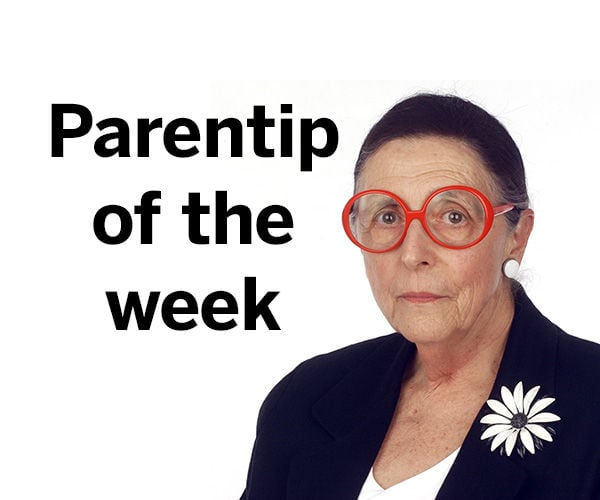OMG! So glad I am not parenting today!
For many years I have written how tough parenting is because of the world we live in. Little did I know what was ahead.
Parents today must struggle with, in no particular order: profanity, incivility, indecency, vulgarity, innuendo, mendacity, misogyny, sexism, racism, divisiveness, xenophobia, nasty games of “Gotcha” … all streaming into our homes and into our children’s ears.
How do we raise children in such a “toxic” culture? How can we protect our children from the implications that boys grow up to become predators and girls will be victims?
Parents have truly lost some of their power over the years. My parents were my only socializers until school started. Their modest home was their castle. No outside influences crossed their threshold to threaten their values. Now the outside world comes into our home through numerous screens that are ubiquitous, relatively cheap, easy to use, and very attractive to our young.
Start by being strong. Let’s make each family the defenders of civility and decency. As FLOTUS Michelle said, “When they go low, we go high!” Hold tight to our pro-social values that make society livable and workable. And pass these pro-social values on to our children. Individual and collective well-being depends on behavior governed by such values.
How? Model pro-social behavior, tell your children about the importance of such behavior, and teach them the rules of good behavior. Reward good behavior and avoid rewarding bad behavior by, for example, laughing when a preschooler says naughty words.
Here is the really tough part. Our children live in a world with an emphasis on sex, violence, instant gratification, consumerism, and disregard of the rules as long as you get away with it. We are the ones who must keep our kids from growing up too fast, too consumeristic, too self-absorbed, too indifferent to others. Help children to have empathy for the victim, not admiration for the perpetrator.
Bad behaviors trickle down from the screen to the schoolyard. A study from Brigham Young University found that children who frequently watched media with a high profanity score thought profanity was OK, used more profanity, and reported more aggressive behavior such as bullying.
“Fear of Having a Son” by Andrew Reiner and recently published in the New York Times deals with the gender aspects of child-rearing today. Reiner ponders on how to raise a son to feel and express vulnerability when this competes, “…against such cultural norms as a postured indifference to school which can lead to lower grades, graduation rates and academic motivation; a sports and gaming culture that exalt alpha domination and (and aggressive male reflexes); and a tight-lipped John Wayne ethos that breeds alienation…?”
How do we raise a daughter who can ward off pressures to become sexualized early, who is not fixated on how she looks but rather on who she is and what she accomplishes, who learns to avoid sexual predation? The double bind persists though we have come a long way since I struggled to be accepted as a woman doctor. If a woman is too strong, she is the proverbial b-word. If she is “nice” or feminine she is perceived as weak and ineffectual.
For me the phrase “Why can’t we all just get along?” has morphed into, “Why can’t we just be human?” Gender and personality are strong variables that distinguish us but we share many universals. Everybody feels pain, both physical pain and the pain of hurt feelings. Nobody wants to be put down, insulted, or stereotyped. We all just want to live our lives in peace.
Dr. Heins’ old anti-TV platitudes: Limit your child’s time in front of all screens. No TV in the child’s bedroom. Protect your children from unsuitable content. Do not keep a TV set on all the time or watch a lot of TV yourself. Watch TV with your children so you can interpret what they see in terms of your own family’s values. Don’t let your attention to screens displace conversation with, or attention to, your children. They need strong family connections now more than ever.
New ideas: Make political and societal discussions part of family meals. Maybe a Family Politics Hour to answer your children’s questions, to ask them how they would feel if that happened to them, to personalize how you felt when you were insulted or undervalued, to discuss how we can analyze the truth of what is being said. Ask them whether truth is important and why. Encourage your children to share their thoughts about the world today. Ask them about and discuss what other kids are saying at school.
I have noticed that many busy families today only talk about things. Things like homework, lunch for school, and signing a birthday card for Grandma are all important. But parents should also have family conversations about feelings, our own and the feelings of others. What does it feel like to be a little girl today? A boy? A parent?
Do any of you out there parenting (or grandparenting) these days have ideas about how to raise sensitive, caring, kind, thoughtful children when many of the adults in their world are childish and, like spoiled children, are getting attention for childlike behavior? Please send them to me for a follow-up column.





